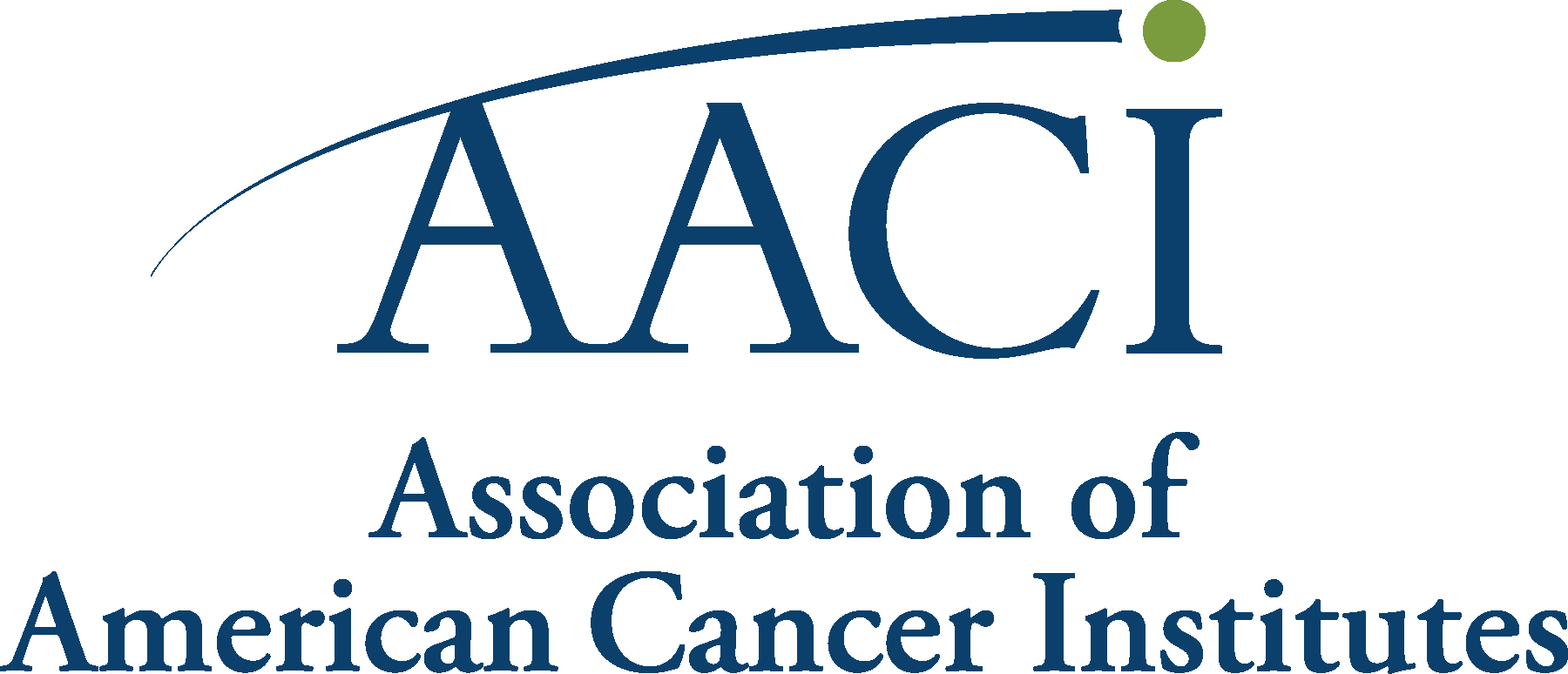Newswise — Nearly 80 million Americans—one out of every four people—are infected with human papillomavirus (HPV), and more than 41,000 will be diagnosed with an HPV-related cancer this year. Yet despite the availability of a safe and effective HPV vaccine, vaccination completion rates in the U.S. are low. According to the Centers for Disease Control and Prevention (CDC), only 49.5 percent of girls and 37.5 percent of boys between the ages of 13 and 17 completed the vaccine series in 2016.
The Association of American Cancer Institutes (AACI) supports a call to action by the nation’s 70 National Cancer Institute (NCI)-designated cancer centers to increase HPV vaccination and screening, with a goal of 80 percent of American young adults completing the full vaccine series by 2020.
HPV experts from the nation’s top cancer centers will meet June 7-8 at Huntsman Cancer Institute at the University of Utah, in Salt Lake City, to discuss strategies for reducing barriers to vaccination and, ultimately, eliminating cancers caused by HPV.
HPV is responsible for almost all cervical cancers, more than 90 percent of anal cancer, roughly two-thirds of oropharyngeal cancers, and the majority of vulvar, vaginal, and penile cancers. Research shows, however, that despite the strong connection between HPV and cancer, a number of barriers stand in the way of optimal vaccination rates, including a lack of strong recommendations from physicians and confusion among parents who don’t understand that the vaccine protects against several types of cancer and is most effective before any exposure to HPV.
“We have the opportunity to eliminate multiple HPV-related cancers, beginning with cervical cancer,” said Anna R. Guiliano, PhD, director of the Center for Infection Research in Cancer at Moffitt Cancer Center, who will participate in the Huntsman meeting. She urged health care providers to recommend the HPV vaccine to patients and parents to ask their children’s doctors about it.
In addition to supporting the NCI-designated cancer centers’ call to action, AACI is collaborating with the National Center for Immunization and Respiratory Diseases (NCIRD) at the CDC and the American Cancer Society (ACS) to administer the HPV Vaccine is Cancer Prevention Champion Award Program to honor physicians with high rates of HPV vaccination among their adolescent patients.
“AACI has supported the efforts of our member cancer centers as they strive to increase HPV vaccination rates across the country,” said AACI Executive Director Barbara Duffy Stewart, MPH. “We applaud the NCI-designated cancer centers for leading the call to eliminate HPV-related cancers and the health care providers who are going above and beyond to promote HPV vaccination.”
###
The Association of American Cancer Institutes (AACI) comprises 98 premier academic and freestanding cancer research centers in the U.S. and Canada. AACI is dedicated to reducing the burden of cancer by enhancing the impact of the leading academic cancer centers. www.aaci-cancer.org
